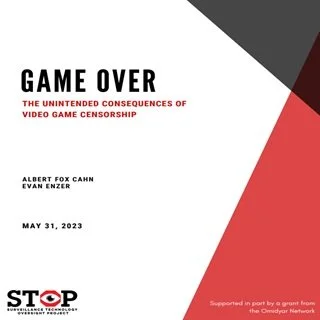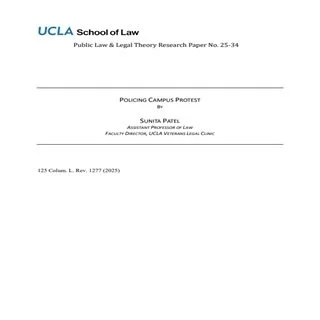By Thomas Paine
Thomas Paine's Political Writings Volumes 1 and 2 are a comprehensive collection of his most influential works, reflecting his pivotal role in the American and French Revolutions. These volumes include seminal texts such as Common Sense, The Rights of Man, and The Age of Reason, among others.
Volume 1 primarily covers Paine's early writings, including his famous pamphlet Common Sense, which powerfully argued for American independence from Britain. This volume also includes his series of essays titled The American Crisis, written during the Revolutionary War to inspire the American troops.
Volume 2 continues with Paine's later works, focusing on his contributions to political philosophy and his advocacy for social reforms. This volume includes The Rights of Man, in which Paine defends the French Revolution and argues for natural rights and democratic government. It also features The Age of Reason, in which Paine critiques organized religion and promotes deism.
Together, these volumes offer a thorough insight into Paine's revolutionary ideas and his enduring impact on political thought.
Thomas Paine's writings are rich with several recurring themes that reflect his revolutionary spirit and commitment to social justice. Here are some of the main themes:
1. Liberty and Independence: Paine passionately advocated for the independence of the American colonies from British rule. In "Common Sense," he argued that it was both a natural right and a practical necessity for the colonies to break free from British tyranny.
2. Rights of Man: Paine believed in the inherent rights of individuals. In "The Rights of Man," he defended the French Revolution and argued that all men are born with natural rights that should be protected by governments.
3. Democracy and Republicanism: Paine was a strong proponent of democratic principles and republican forms of government. He believed that governments should be based on the consent of the governed and that hereditary monarchy was an unjust and outdated system.
4. Social Justice and Equality: Paine's writings often touched on issues of social justice and economic equality. He advocated for progressive taxation, social welfare programs, and the abolition of slavery.
5. Reason and Secularism: In "The Age of Reason," Paine critiqued organized religion and promoted deism, emphasizing the importance of reason and scientific inquiry over religious dogma.
6. Revolution and Change: Paine saw revolution as a necessary means to achieve political and social change. He believed that oppressive systems should be overthrown to establish more just and equitable societies.
These themes collectively highlight Paine's vision for a world where individuals are free, equal, and governed by rational and just principles.







